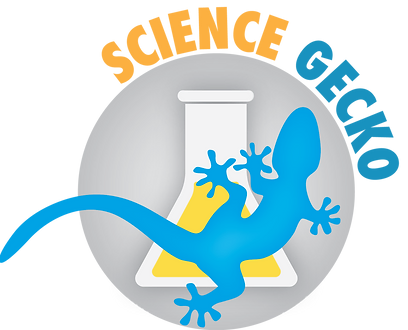
CSI Storytelling workshops
Employ your CSI skills to investigate a crime scene or a series of strange finds and put the mystery together.
These workshops focus on observational, mathematical, drawing and logical skills using evidence, and recording your conclusions purposefully.
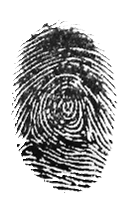
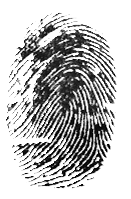
Nursery Rhyme Crimes:
Who Pushed Humpty Dumpty?
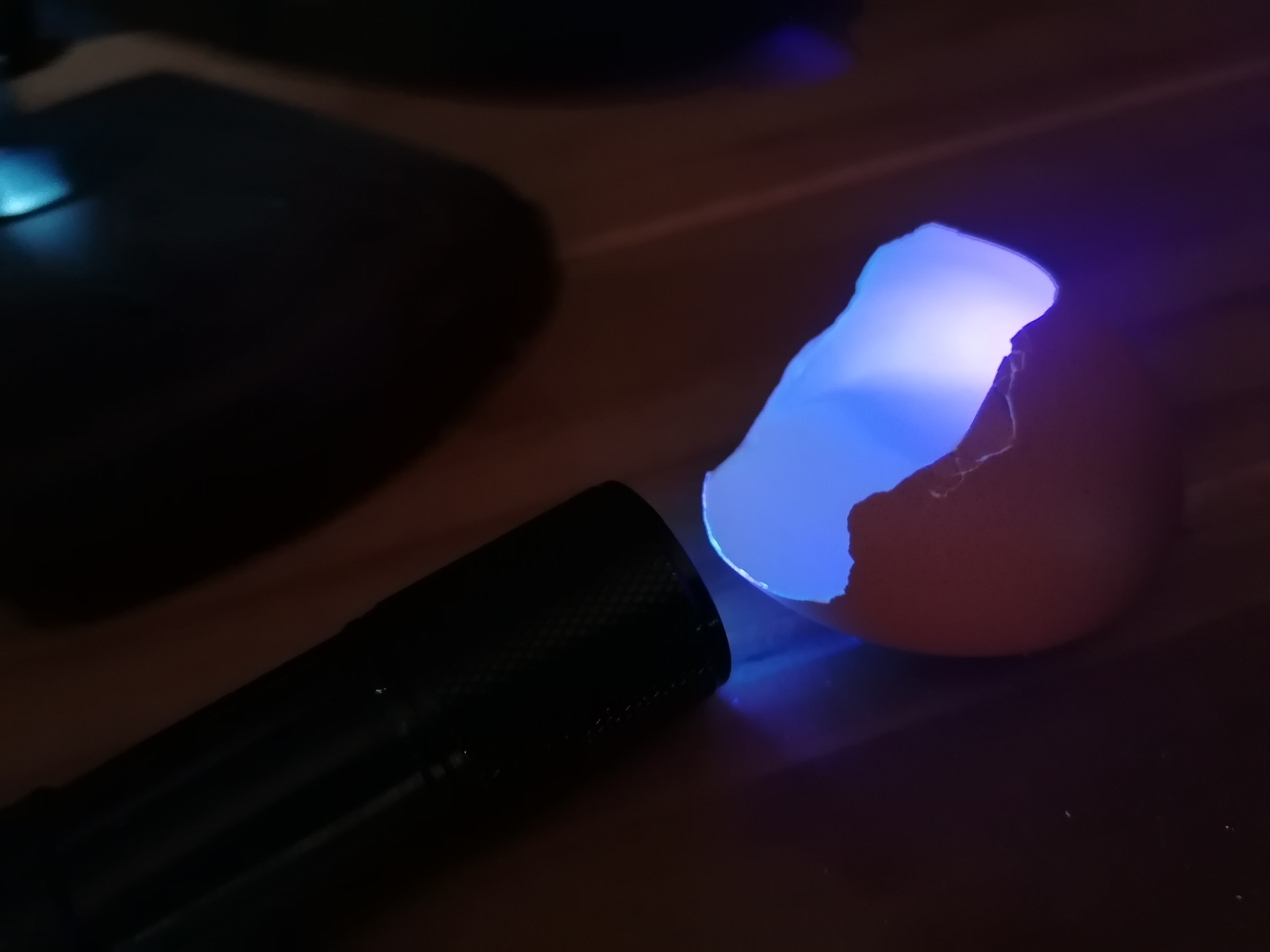
The wreckage of Humpty Dumpty has been discovered, and a crime scene established. Participants perform line or grid searches, test the UV fluorescent nature of eggshells, try out chemical fingerprinting, and explore the viscosity of egg white. Using charts to guide logical thinking, they collate evidence to determine whether the king, grand old duke of York, or king’s horse was the culprit.
A Monstrous Discovery
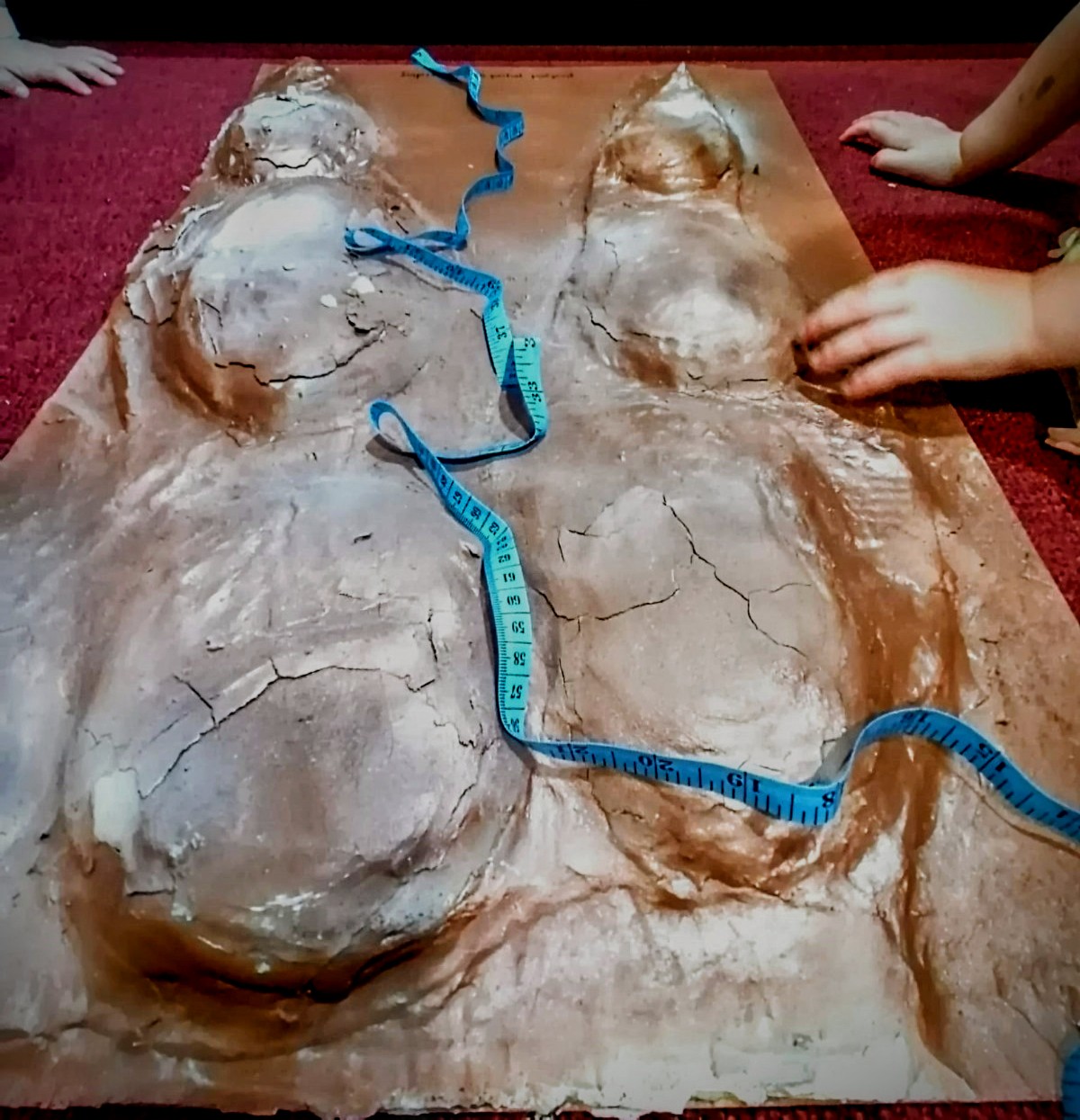
Weave your way round an escape-room-style investigation, performing tasks like bone analysis and footprint measurements. Where will they lead? Participants are asked to determine whether a bone is human or animal using density and size measurements and model indents using plasticine. As more evidence is uncovered, they are guided around an escape-room-style investigation, probing crystals with polarised light, measuring footprints, testing for fluorescence to identify an eggshell, and finally revealing a dragon’s skull.
Who's Poo?
(early years)
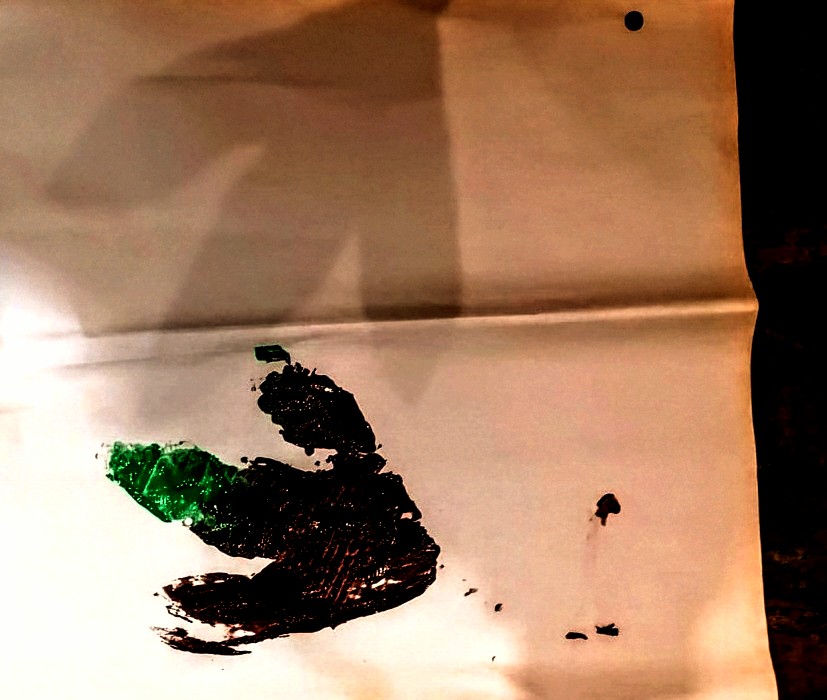
A naughty animal has knocked over a waste paper bin, but who was the culprit? Follow a sound, find footprints, and uncover an animal “poo” to match signs to four possible culprits - a cat, badger, fox, or deer. Children make animal footprints on paper using poster paint, and can take their prints away with them. At the end, the true culprit will be revealed! The workshop builds on bushcrafting and observational skills, use of evidence to make logical decisions, and understanding England's wild animals.
Edible science
These less structured workshops are designed with a community feel. Enter the apothecary, bazaar or kitchen to get hands on in a relaxed, low pressure environment designed to be inclusive.
The Chocolate Factory
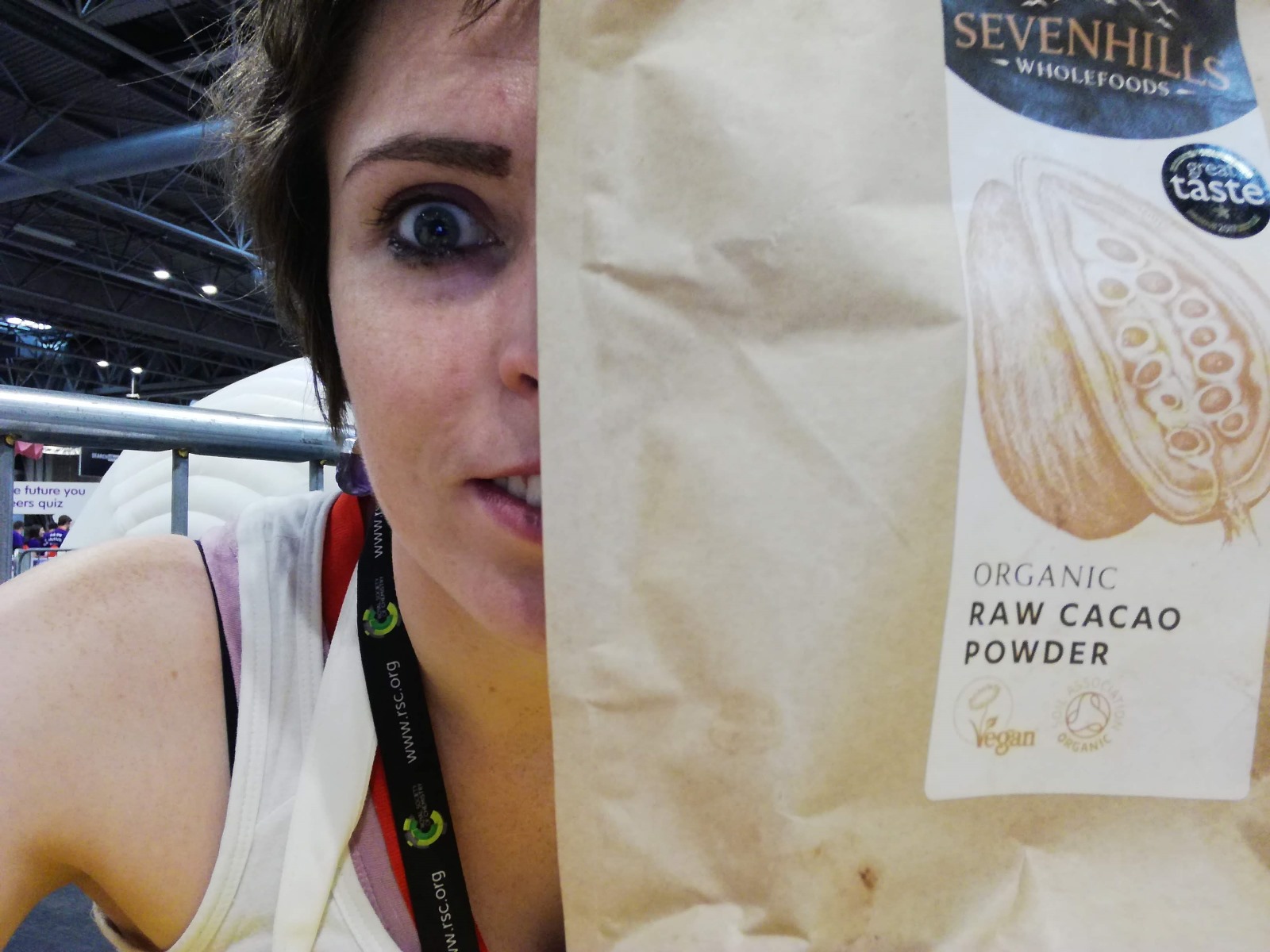
Learn about the history of chocolate, how it's made and why it's good for you. Melt together ingredients to make your own pot of the good stuff.
Make your own Medicines
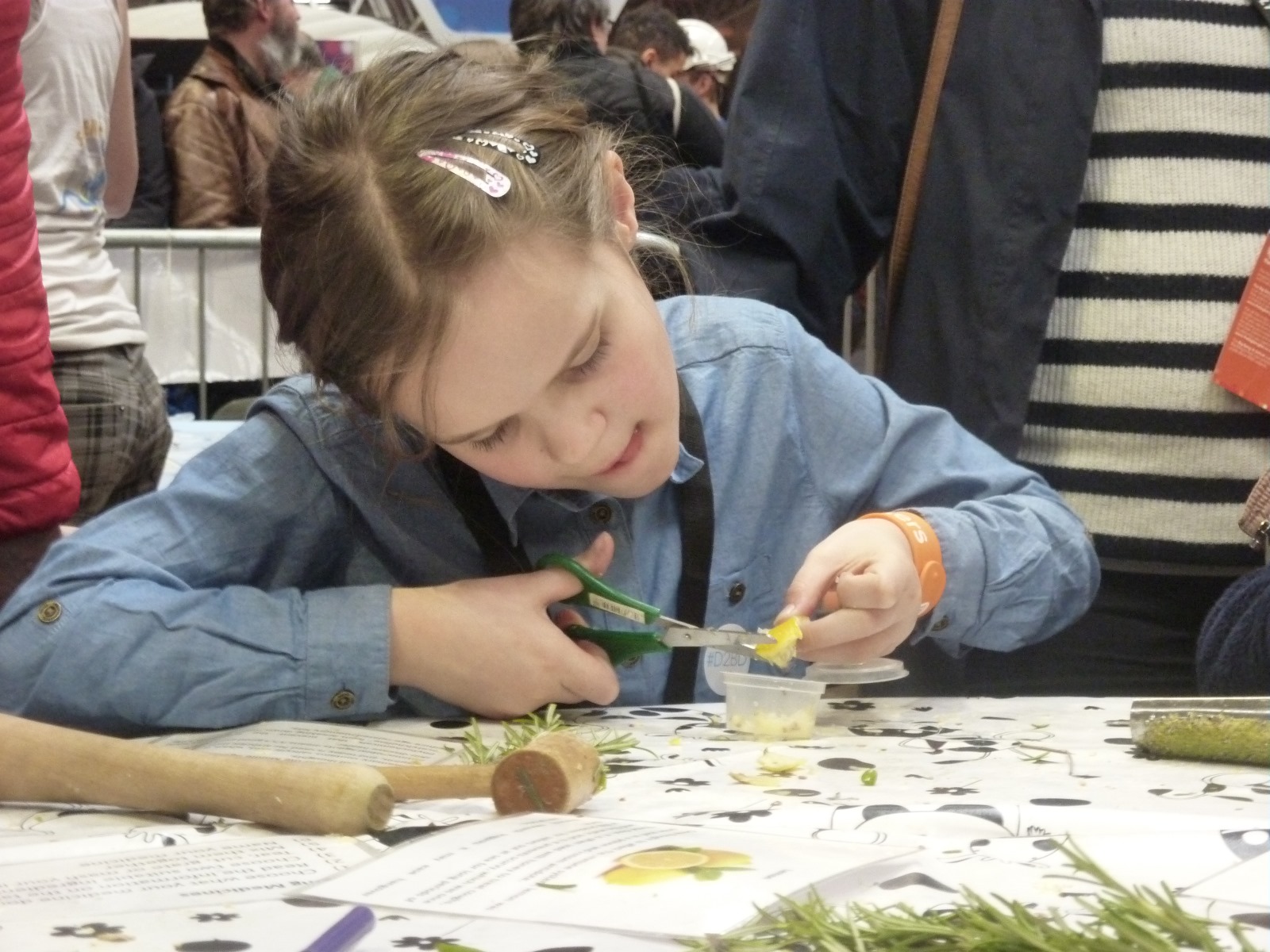
Why do the Chinese use ginger? Can garlic ward off heart diseases (not just vampires)? Is chilli a poison or a painkiller? Explore the science behind edible things and the chemicals that lie behind the potions. "Process" some raw ingredients to create and name your own potion.
Food or Foe?
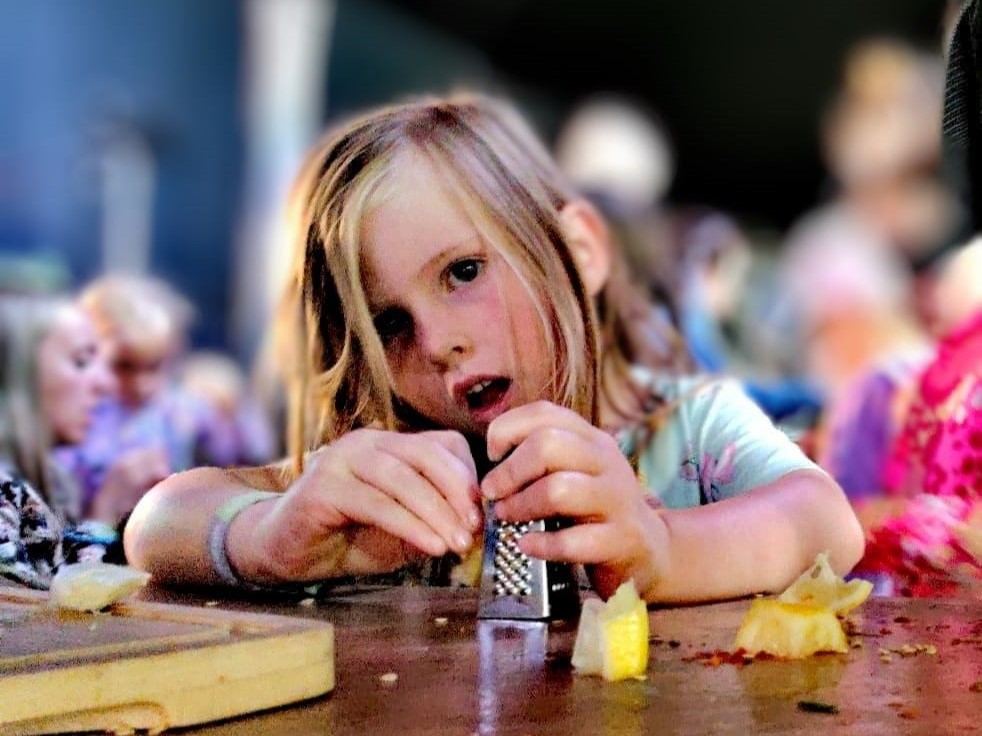
Examine some plants found practically on your doorstep. Learn the magic trick to overcome the sting of the nettle, identify the difference between poison hemlock and edible cow parsley, and learn about the chemicals behind these interesting plants.